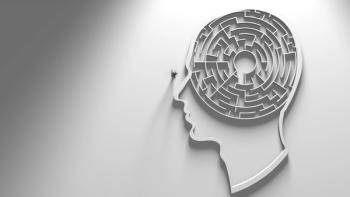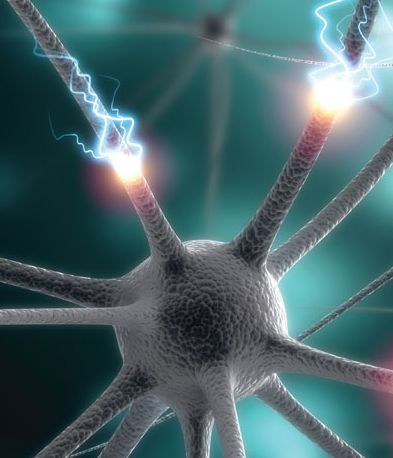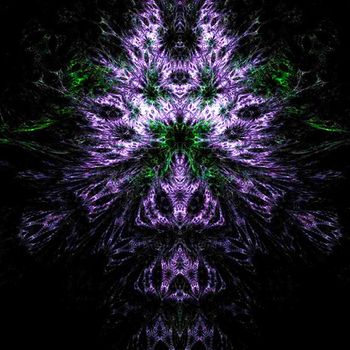
The psychopath has the image of a cold, heartless, inhuman being. But do all psychopaths show a complete lack of normal emotional capacities and empathy?


The psychopath has the image of a cold, heartless, inhuman being. But do all psychopaths show a complete lack of normal emotional capacities and empathy?

A comprehensive adjustment to life after having had a psychotic episode and diagnosis of schizophrenia is a relatively new concept. An expert describes the post-psychotic adjustment process.

Take-home messages on the immunology of schizophrenia and NMDA receptor encephalitis from the Schizophrenia International Research Society conference here.

What's your first impression of this Rorschach-type image? Is there a place for Rorschach measures in assessing psychotic functioning?

Emergency psychiatry is helping to redefine acute mental health treatment-facilitating timely access, in less restrictive, outpatient levels of care, for patients in crisis.

The authors focus on the epidemiology of postpartum psychosis, its clinical presentation, etiology, treatment, and strategies to prevent its recurrence.

In the first of a two-part Special Report, the evaluation and management of psychosis is explored across a range of disorders and clinical contexts.

The first generation of cognitive-behavioral therapy for psychosis, when added to standard care, has demonstrated efficacy in treating patients with delusions and hallucinations. Details in this article.

Information from studies on adolescents with psychosis and a review of the evidence about the risk of suicide and suicidal behavior in this patient population.

What percentage of patients with schizophrenia have a comorbid cannabis use disorder? Take the quiz and learn more.

This member of the DSM-5 Work Group for Psychotic Disorders describes the 8 dimensions used to define the presentation of psychosis-the biggest and most clinically important of the changes in the schizophrenia and other psychotic disorders section.

Both positive and negative symptoms of schizophrenia combined with those of a mood disorder led to a psychiatric diagnosis; later, a neurological diagnosis of anti–NMDA receptor autoimmune encephalitis was made.

Psychosis can arise from a general medical condition, including endocrine diseases, metabolic diseases, autoimmune diseases, infections, narcolepsy, seizures, space-occupying lesions, strokes, head injury, and more.

Evidence suggests that cannabis is associated with an increased risk of psychosis when it is used frequently. Marijuana doesn't count, does it?

Several studies have been undertaken to test the efficacy of drugs in the management of aggression and hostility in patients with schizophrenia and other mood disorders.

With DSM-5 scheduled for publication a little more than a year from now, we may safely assume that, barring unannounced surprises from, say, the APA Scientific Review Committee, what we will see on the DSM-5 Web site is what we will get. With that in mind it’s time to review what we will indeed get.

While research suggests that cannabis use can induce an acute psychotic state, there is controversy about whether it may precipitate psychotic disorders, such as schizophrenia. These authors offer an update on this important issue and provide clinically useful recommendations.

Skin diseases are not just a cosmetic issue; they are associated with a variety of psychological reactions that affect patients’ level of functioning and can produce agony for the family.

A study has reported a link between postpartum psychosis in women within 2 weeks after childbirth and a future risk of developing it.

Depression, PTSD, panic disorder, and abuse of alcohol and drugs are more insidious, quieter forms of illness that can cause the same desperation and disability as psychotic disorders.

A review of some of the latest study findings on the pharmacological treatment of prodromal psychosis.

In this short film directed by Caskey, Ben has to make a difficult choice: continue to live with hallucinations, or confront reality, by taking medications that will destroy his imaginary world.

The current situation in Japan has been called the worst crisis in the country since World War II. Relief effort organizations are urged to take hikikomori seriously when planning strategies to help the victims of the recent disasters in Japan.

Deliberate self-harm (DSH) is a behavior in which a person commits an act with the purpose of physically harming himself or herself with or without a real intent of suicide.

Much resistance to disorder status for the psychosis-risk syndrome stems from the fact that only a minority of those given the diagnosis really have the disorder.